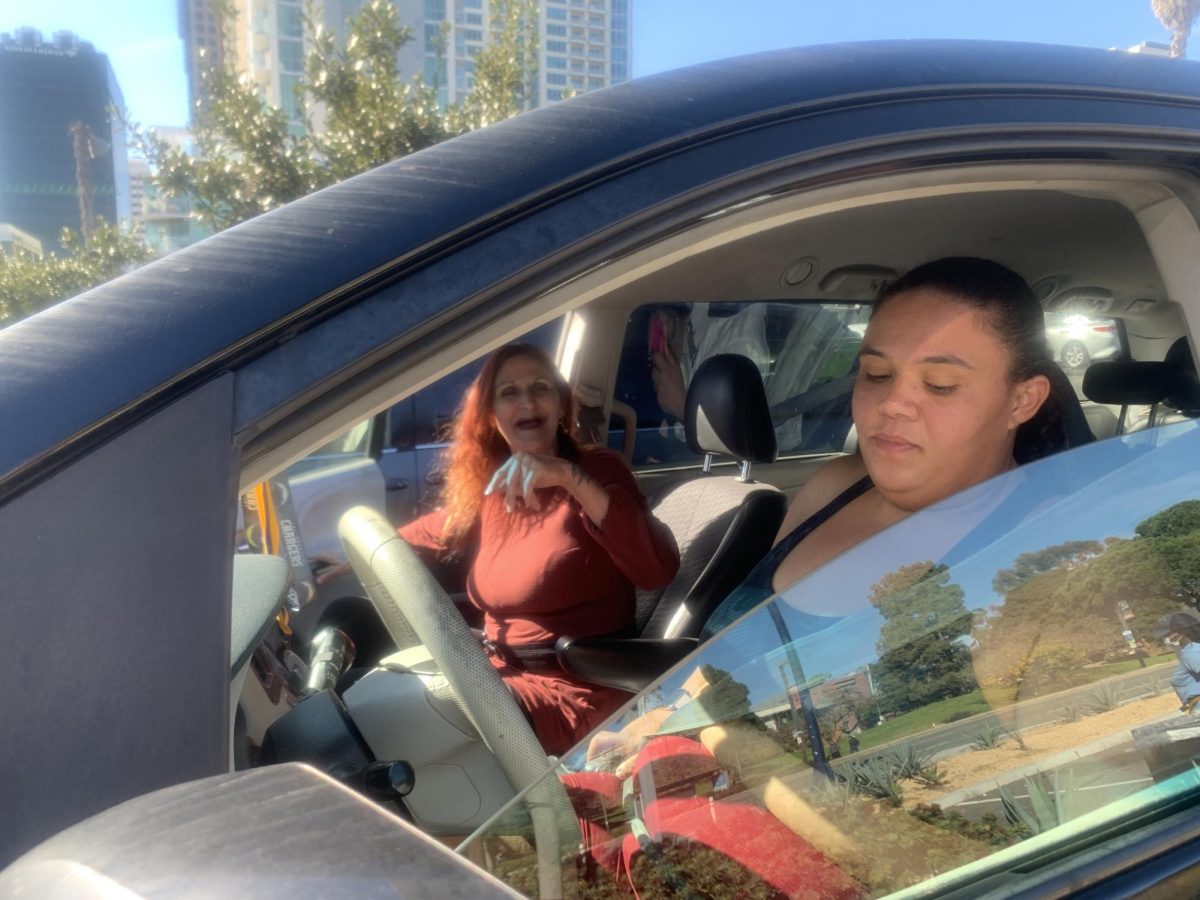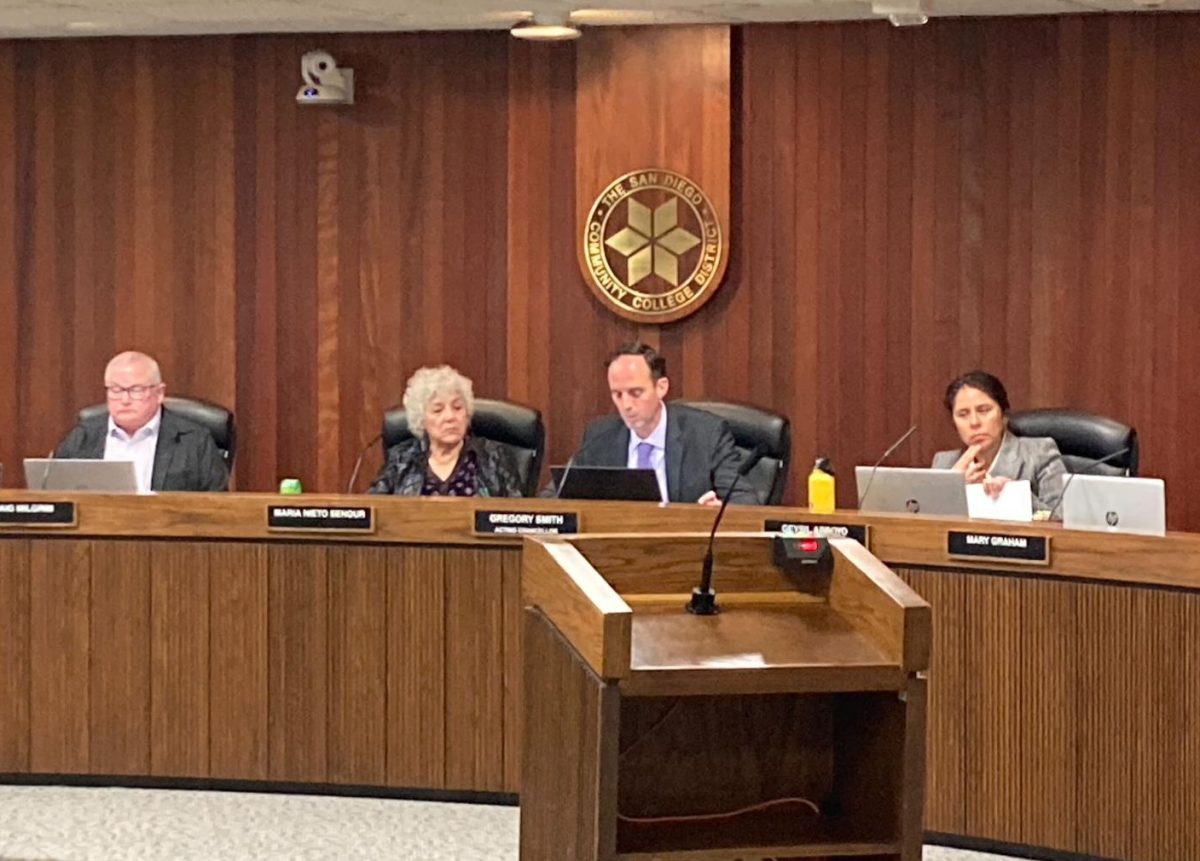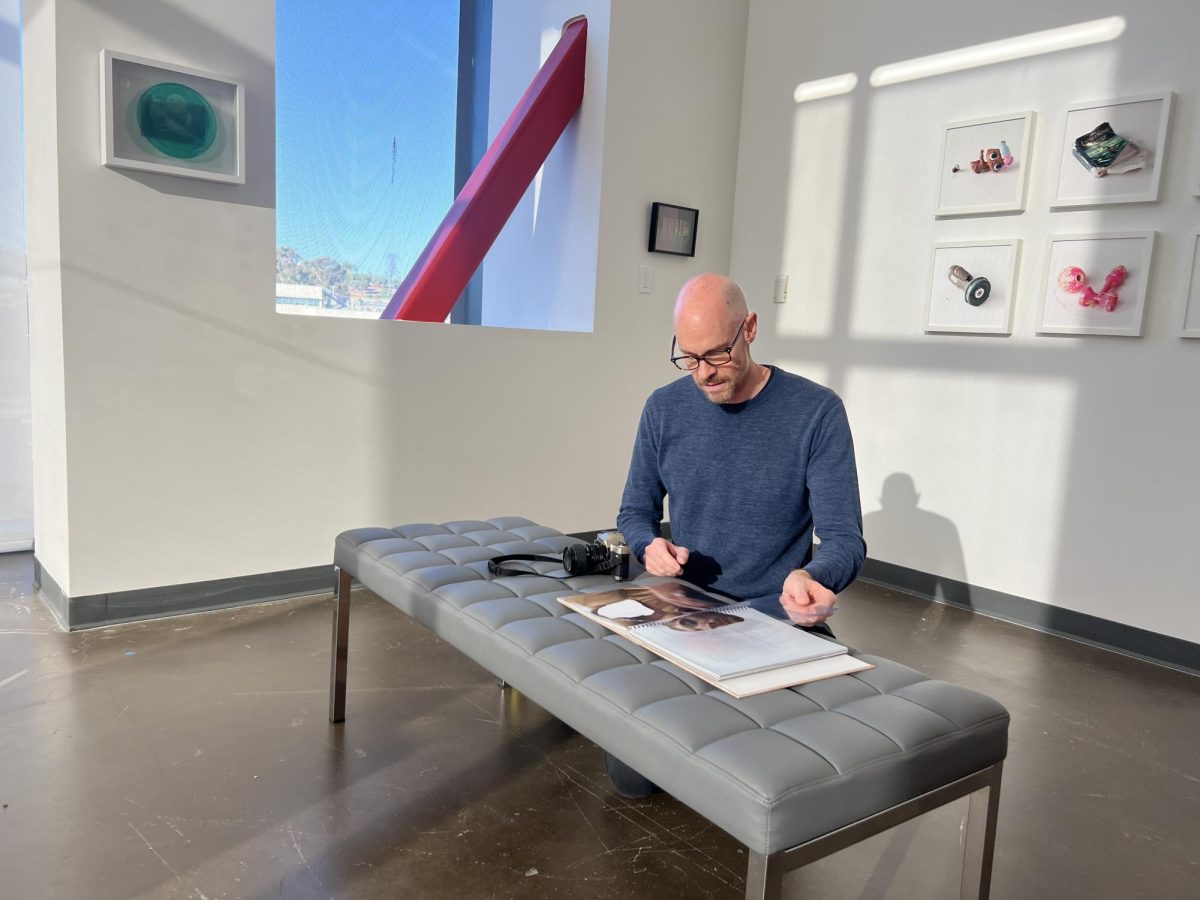Rosa Parks walked to school as a young girl because no school bus service was provided to black students attending segregated schools in the rural Alabama area where she grew up.
As an adult, Parks’ access to public transportation was limited by Alabama’s segregation laws. In December 1955, Parks’ refusal to vacate her seat on a Montgomery city bus to make room for a white passenger resulted in her arrest and sparked a seminal event in the civil rights movement.
The Montgomery Bus Boycott began as a show of solidarity from the black community for Parks. Blacks, who made up three-quarters of the customers of the public transportation system in Montgomery, boycotted the system for 381 days in an effort to end segregation on public buses. The boycott ended in December 1965 following a Supreme Court ruling that segregation on public buses was unconstitutional.
During segregation, seating at the front of the bus was reserved for white passengers. If the number of white passengers exceeded the reserved seating, black passengers were asked to give up their seats. As blacks were not allowed to sit across the aisle from whites, bus driver James Blake asked Rosa Parks along with three others to vacate their seats so that a white gentleman would not have to stand on the bus.
City College student Amairami Flores, 20, said that as a person of Mexican descent she feels that people sometimes give her stares when she is seated on the bus as if she might be expected to give up her seat. Flores stated that “What Rosa Parks did means that you don’t have to give in to the pressure.”
Blacks first boycotted segregation of Montgomery buses when the policy was instituted in 1900. Thirteen years later Rosa Louise McCauley was born on Feb. 4 in Tuskegee, Ala., to Leona and James McCauley. She married Raymond Parks, a barber and civil rights worker, in 1932.
Prior to her own arrest in 1955, Parks had worked to gather community support for 15-year-old Claudette Colvin who had been arrested several months earlier for refusing to relinquish her seat on a Montgomery bus. Colvin’s case was sidelined by local civil rights organizations due to the fact that she became pregnant while unmarried.
City College black studies professor Darius Spearman opined that community leaders may have erred in their refusal to support Colvin stating, “If you’re not going to protect your most poor and your most vulnerable, then you’re always going to have problems.”
Parks worked on behalf of the most vulnerable throughout her career. She served as secretary and youth leader for the Montgomery chapter of the National Association for the Advancement of Colored People after joining the organization in 1943. When hired by the offices of U.S. Representative John Congers in 1965, she worked finding housing for the homeless.
“Rosa Parks is a good role model for people who want to be an example, not by speech, but by doing,” said City College black studies professor Alazar Tesfamariam.
In 1987, Parks and Elaine Eason Steele co-founded the Rosa and Raymond Parks Institute for Self Development, which sponsors educational bus rides for young travelers along routes of historic importance to civil rights efforts.
Parks received many accolades for her service including the Spingarn Medal from the NAACP in 1979, the Presidential Medal of Freedom in 1996 and the Congressional Gold Medal in 1999.
Parks died in 2005.







